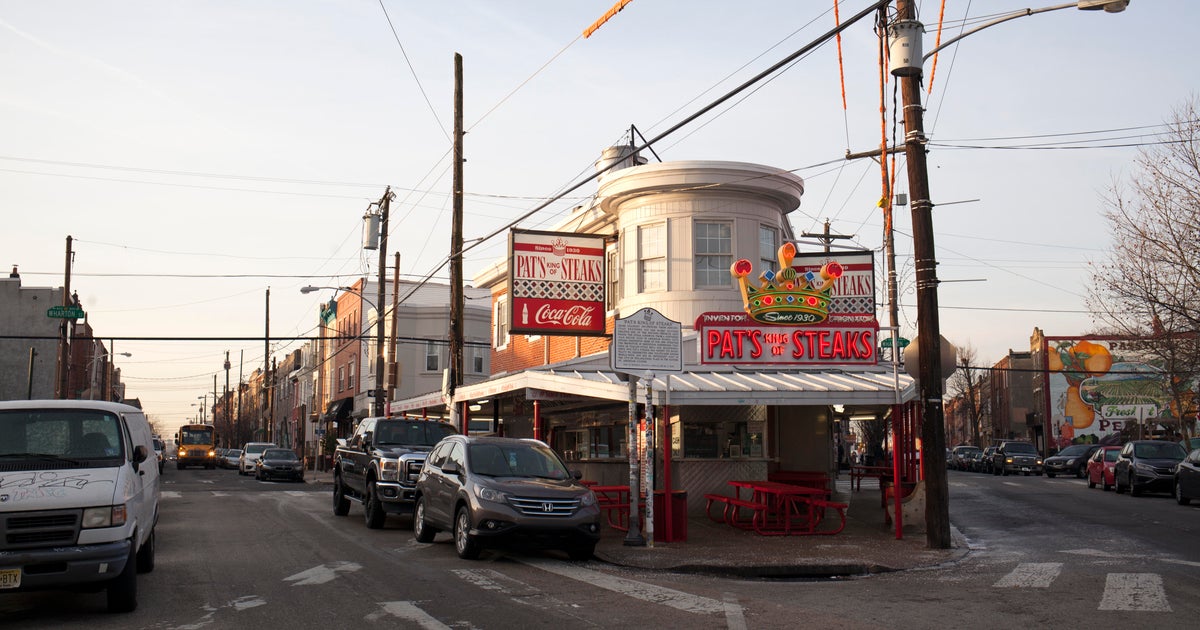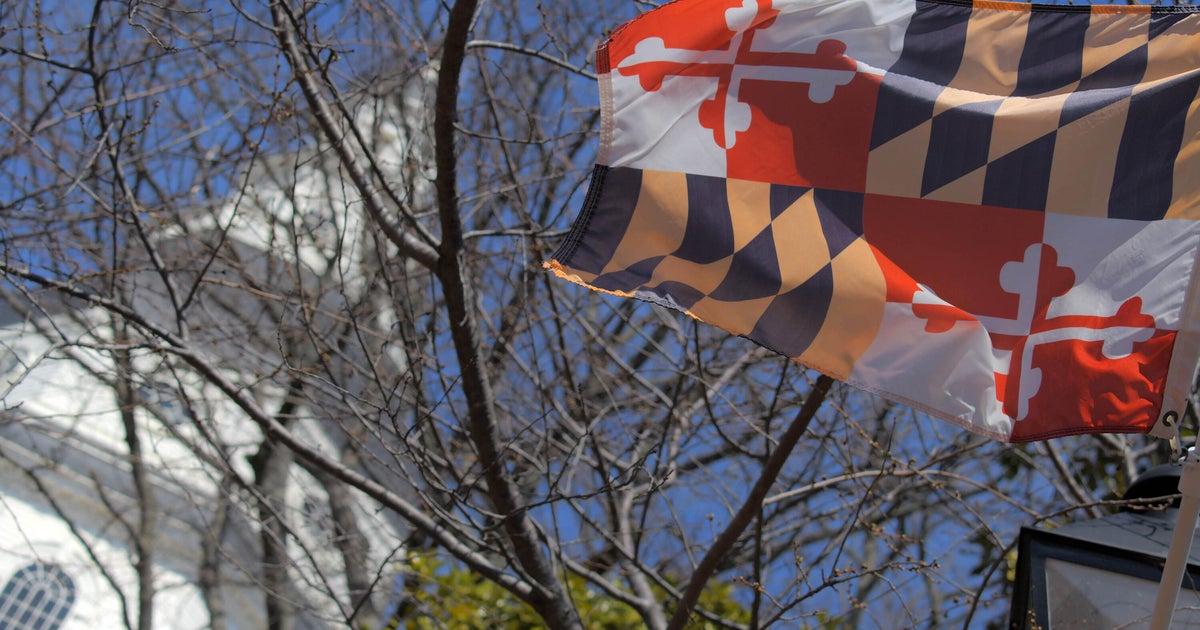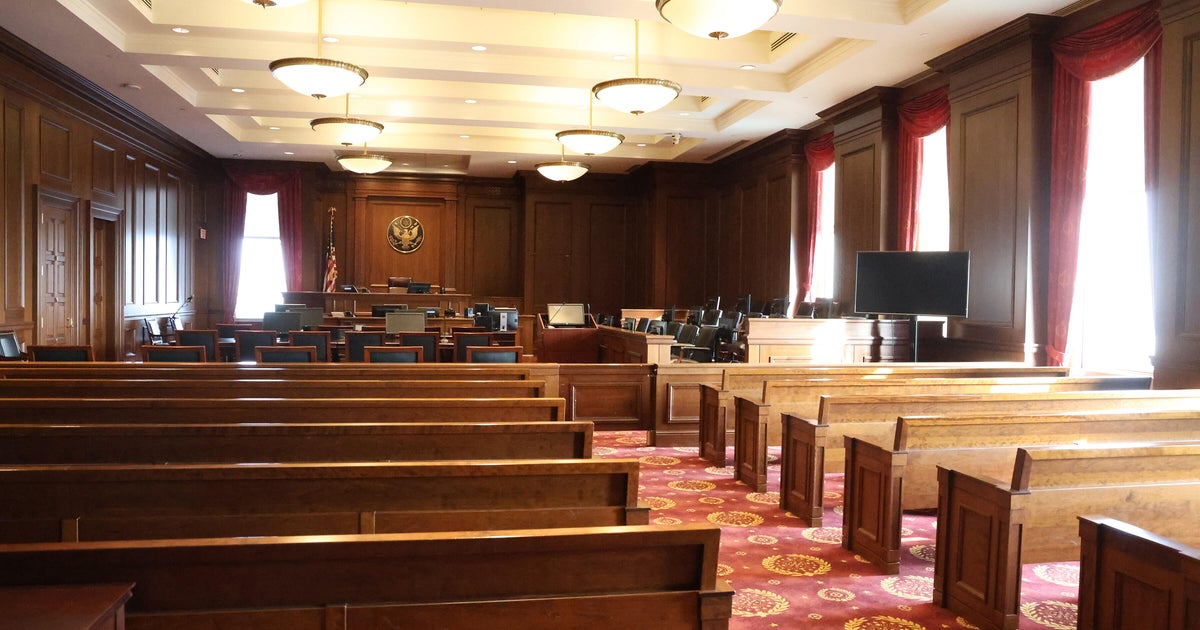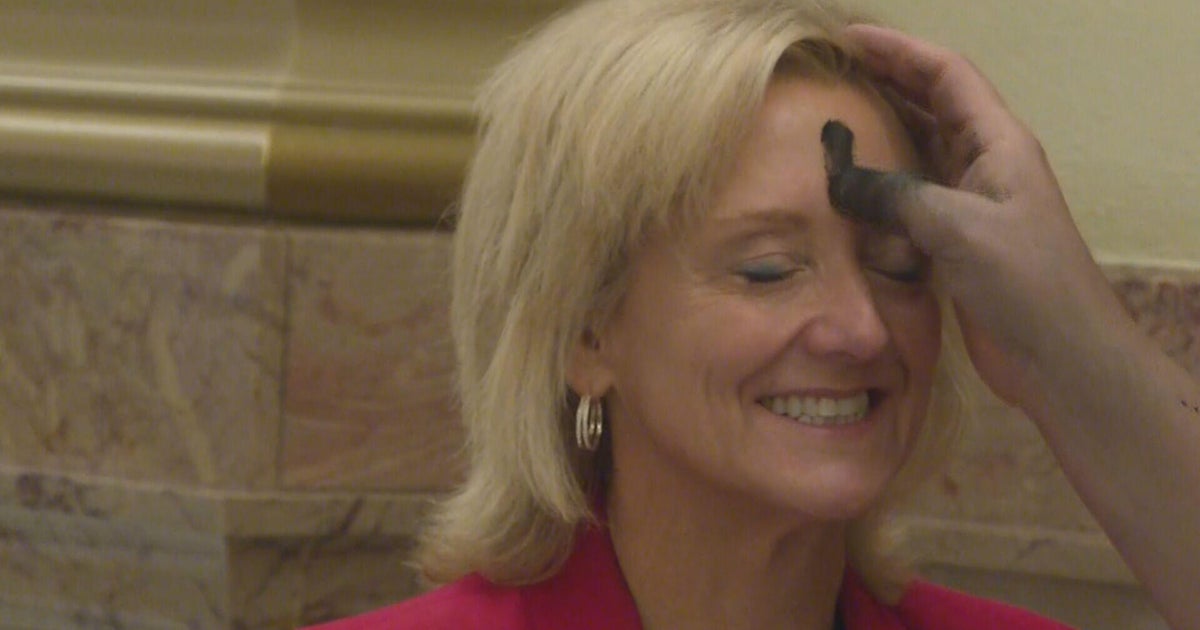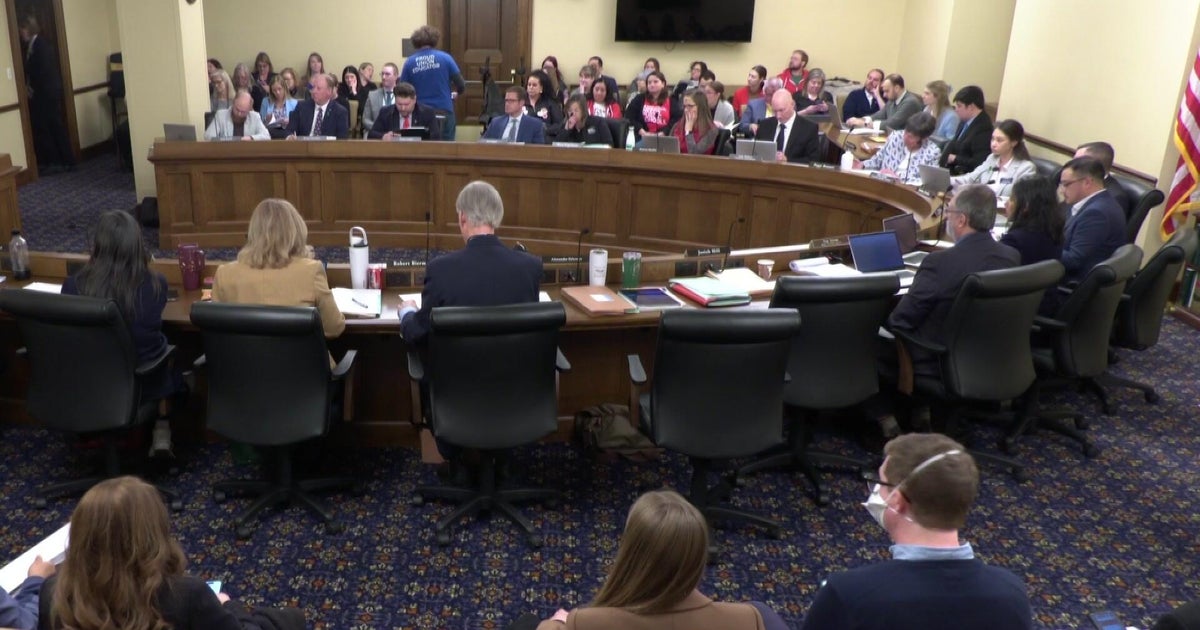Quinn To Propose Making 2011 Tax Hike Permanent
Updated 03/26/14 - 10:55 a.m.
SPRINGFIELD, Ill. (AP) -- Gov. Pat Quinn is expected to propose making Illinois' temporary income tax increase permanent in order to avoid massive budget cuts when he presents his election year budget address Wednesday, according to lawmakers briefed on his plans.
Illinois' roughly 67 percent income tax increase was approved in 2011 and starts to roll back in January, leaving a roughly $1.6 billion revenue drop. State agencies have been bracing for dire cuts and top lawmakers have been warning of tough choices for weeks.
Quinn is expected to outline the plan in his noon speech and tie it to relief for homeowners, proposing that those who pay property taxes get a $500 refund, according to lawmakers who were briefed by the governor's office but were not authorized to publicly discuss details ahead of the address. He's also expected to detail what a state budget would look like if the increase is allowed to sunset.
The Chicago Democrat has been mum on details of the speech and his office would only said that Quinn will focus on ways to pay down bills and stress protecting the middle class, one of his campaign themes.
Quinn faces re-election in what's likely to be one of the fiercest campaigns nationwide with a challenge from Republican businessman Bruce Rauner.
Quinn's proposal will become a major line of attack for Rauner, whose campaign on Wednesday called it "the ultimate broken promise." On Tuesday, Rauner released an Internet ad noting Illinois still has a multibillion-dollar backlog of bills, despite pledges by Quinn and other Democrats to use the tax hike to pay down that debt.
None of the options for approaching Illinois' financial future -- from extending the increase to letting it sunset or approving a new tax on millionaires -- will be politically easy or resolve all the issues.
In addition to the bill backlog, Illinois has the nation's lowest credit rating and uncertainty with its pension debt.
Quinn has said he'll outline specifics for five years ahead, a nod to his re-election bid. The November contest against Rauner, who's made criticizing Quinn's leadership a cornerstone of his campaign, will determine if Quinn gets a second full term.
"The governor's budget address is going to lay out a five-year plan for short- and long-term fiscal stability for the state," Quinn spokesman Dave Blanchette said. "It's going to emphasize paying down bills, protecting the middle class and properly funding education."
Republicans and business groups have already vowed to fight any extension of the temporary income tax hike and claim state agency testimony predicting dire cuts has been overblown to justify an increase. They've called for cutting spending and limiting new programs.
"I want to hear a long-term solution for the state's problems that's based on cutting spending," said Republican Rep. David McSweeney of Barrington Hills. "We need to cut spending and not raise taxes."
Quinn also could leave the issue up to the Legislature or back other ways to generate revenue, including House Speaker Michael Madigan's recent push to tax Illinois residents who make more than $1 million.
However, it will be difficult to garner public support for any of those ideas.
A poll this week by the Paul Simon Public Policy Institute at Southern Illinois University showed more than half of Illinois voters prefer cutting existing spending over approving new revenue, though about 28 percent said it should be a combination of the two. The survey interviewed 1,001 registered voters by phone from Feb. 12-25. The margin of error was plus or minus 3.5 percentage points.
"This budget is the most challenging that Gov. Quinn has faced, but provides him the greatest opportunity to show leadership of where he wants to take the state in the next five years," said Laurence Msall, president of the Chicago-based Civic Federation. The group supports extending the income tax increase for at least a year and then slowly scaling back overtime to help pay down bills and create an emergency fund.
Quinn could also revive his push for overhauling Illinois' tax structure for one based on ability to pay. Democratic state Sen. Don Harmon of Oak Park made another push for the graduated income tax Tuesday. Unions have said they support the concept, but Republicans want it off the table during budget negotiations.
Already the budget has been viewed through an election-year lens. Initially planned for last month, Quinn asked lawmakers to move it until after the primary election so he could have more time to prepare a five-year blueprint for spending. Republicans accused him of playing politics so he could see who would be his primary challenger.
Quinn is likely to recap his signing of a landmark pension overhaul, which he's called one of his biggest accomplishments. But the proposed budget won't contain the estimated savings. The overhaul that cuts benefits for state employees and retirees is undergoing a legal challenge by unions who contend it's unconstitutional.
He's also expected to discuss his push to increase the state's minimum wage from $8.25 to at least $10 by the end of the year. Quinn has made it a campaign theme, criticizing Rauner for initially calling to cut it.
Lawmakers must approve a budget for the new fiscal year, which starts July 1, by the end of May.
(TM and © Copyright 2014 The Associated Press. All Rights Reserved. This material may not be published, broadcast, rewritten or redistributed.)


